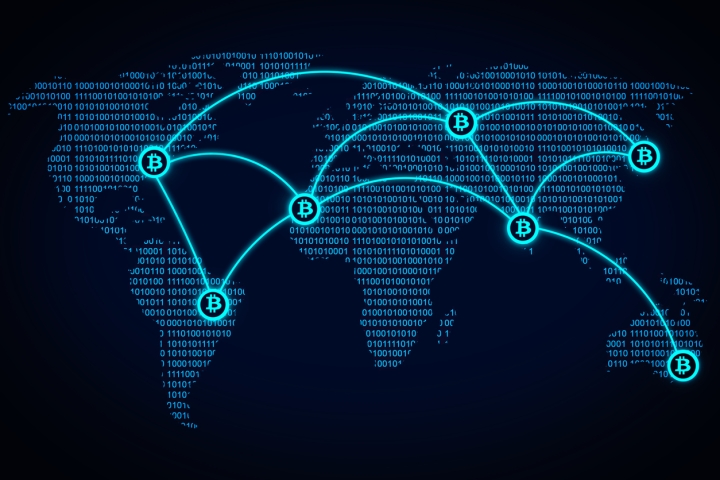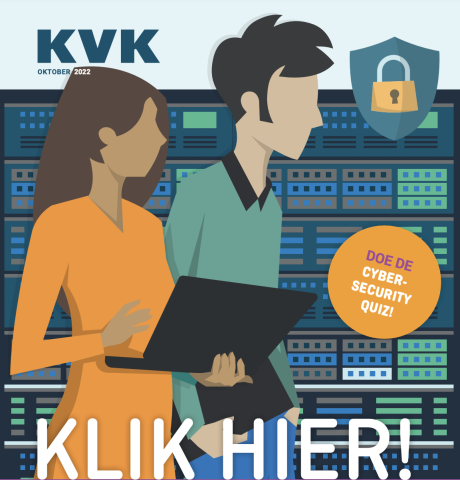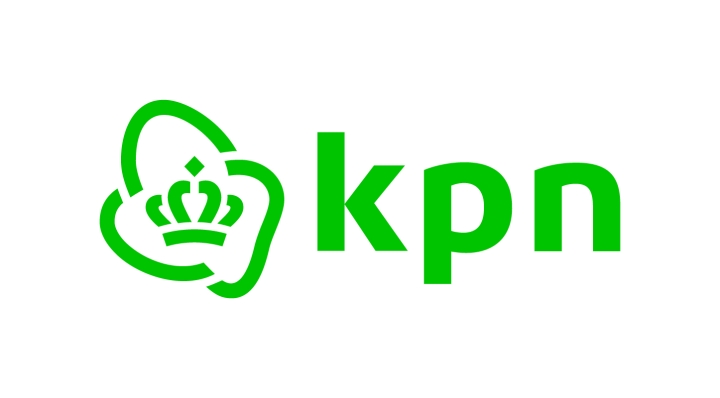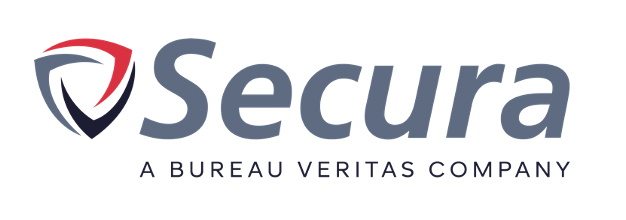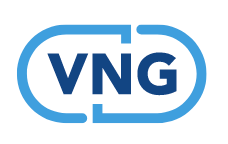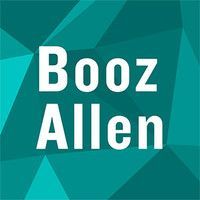Topic
Fraud
Fraud is described as dishonest acts that intentionally use deception techniques to deprive another person or entity of money, property, or legal rights. Most instances where fraud has been committed are easy to prove, seen a person or entity suffers economical or material harm. Identity theft, money laundering, and corruption are also included in this category.
Commonly used fraud techniques are for example counterfeiting, forgery, payment fraud, insurance fraud and tax fraud. These fraud techniques can be used in every sector where money, property or legal rights play a significant role, such as the financial sector, health sector and housing sector. In order to prevent fraud, companies and other organisations have management and control policies in place. Technologies like data analytics, (digital) forensic analysis and pattern recognition can aid in detecting fraud.
Identity theft is described as an unlawful act where a person illegally obtains and uses another individual’s personal data or identity to commit crimes that (usually) involve fraud or deception. Identity theft is typically used for a person’s own economic gain. Common uses of identity theft can be found in identity fraud or credential stealing trojans. Identity fraud is the process by which an individual steals the identity credentials of another person and uses these credentials to commit a fraudulent crime. On the other hand, credential stealing trojans are malware programs that use techniques to steal someone’s online credentials.
Money laundering is the process by which illegally obtained cash or money is moved through financial systems in such a way that it becomes legal or appears to be from a legitimate source. Money laundering can for example be used by criminals in the drug industry to process their illegally obtained cash through various companies, organizations, shops or real estate, after which the money is seen as legal. Since the proceeds that are laundered are related to criminal activities that are not part of the economy, money laundering can cause a distortion in the real economy by affecting processes such as investments, competition and trade.
Corruption is the act by which a trusted individual abuses his/her power for their own personal gain. Corruption can take on many forms, such as taking briberies or money in exchange for favours, misusing public money and providing jobs to people in their inner circle (friends/family). Other forms include theft, fraud, extortion, blackmail, favoritism and clientelism. Corruption is often linked with the concept of moral hazard, in which an individual increases its own risk behaviour, when it is known to that individual that the penalties of their behaviour are non-existent or low. This means that individuals weigh the pros and cons of their behaviour before committing corruption.
Related keywords: Fraudulent transactions, fraudulence, fraudulent acquisition, swindling, trickery, double-dealing, recognition, personal recognition, identity card, passport, imposter, identifying information, online identity theft, wire transactions, illegally acquired cash, dirty money, smurfing, money mules, Know Your Customer (KYC), terrorism financing, criminal financing, systemic corruption, bribes taking, widespread corruption, nepotism, embezzlement

